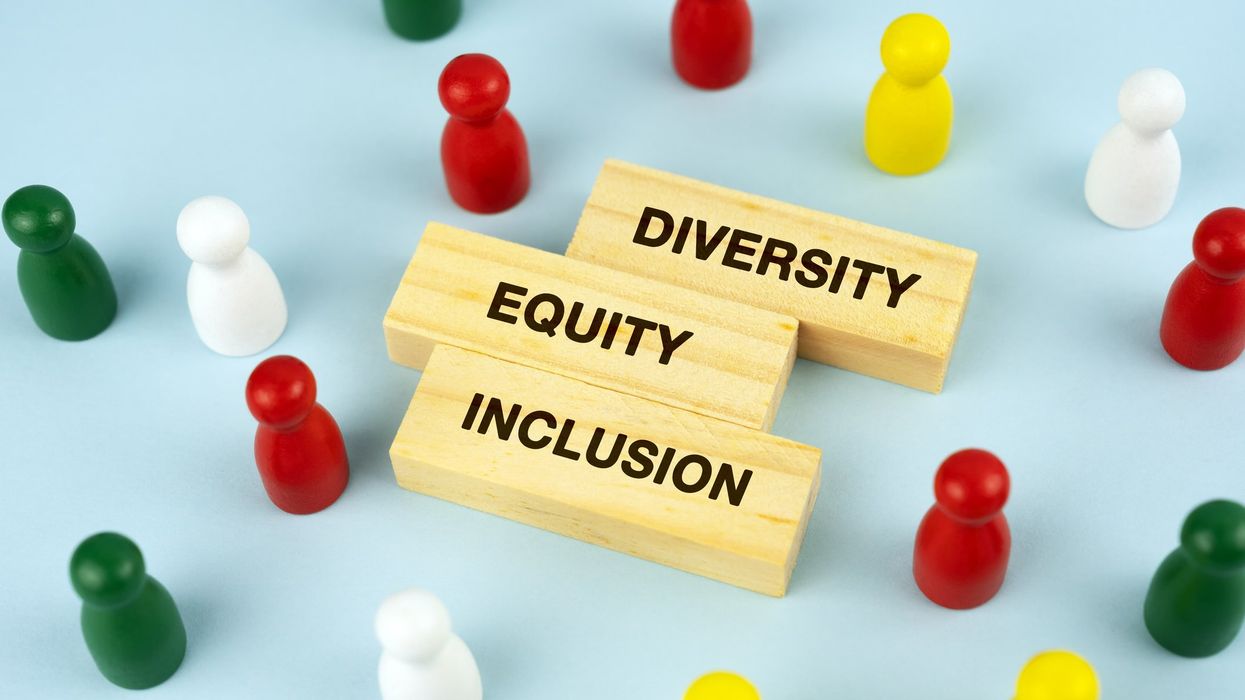- President Donald Trump has directed that employees of federal offices focused on diversity, equity, and inclusion (DEI) be placed on paid administrative leave.
This action is part of a broader initiative led by Elon Musk, who heads the newly established Department of Government Efficiency (DOGE). Musk has previously criticized DEI initiatives, labeling them as detrimental.
The ongoing debate around DEI laws and programs has seen significant opposition from some Republican leaders, who argue that these initiatives may undermine merit-based systems in hiring and education, particularly for white individuals.
Trump's stance on DEI programs is having a significant impact not only within the federal government but also on American business practices, state policies, and higher education institutions.
In It is time to rethink DEI, Fulcrum co-publisher David Nevins wrote: In the coming months, The Fulcrum will reexamine the complexities of DEI. We must ask ourselves if diversity means a granting of privileges to those who are not deserving or whether it means an equality of opportunity so that our nation can merely live into the diversity that is America. As politicians will use fear to appeal to the hearts and minds of Americans, The Fulcrum will instead lead through deep inquiry and analysis.
Nevins, Kristina Becvar (co-publisher, Fulcrum), and I discussed the challenges and opportunities of diversity, equity, and inclusion in a recent episode of the Fulcrum Democracy Forum.
- YouTubeyoutu.be
“The piece that David wrote; I saw what he saw,” said Becvar. “Instant reaction to words, and that is to me the crux of the whole debate around DEI because the term has been used by those that are looking to sew conflict and benefit from it. And we’ve gotten away from the discussion of what that (DEI) even means.”
As the persons charged with the editorial focus of the Fulcrum, we firmly believe this isn’t a time to cower to political pressure and retreat from programs necessary to ensure that institutions meet the needs of increasingly diverse populations. This is the time to advance on DEI initiatives.
I am a diversity, equity, and inclusion trainer and practitioner. As such, I share in the support and criticism of programs that, while well-intentioned and necessary, have often missed their goal. It’s been my experience that this is largely due to the short-sightedness of C-suite decision-makers who see DEI as a problem to be solved rather than an opportunity to be realized. A negative rather than a positive.
When faced with a problem, people tend to rush to fix it. That’s when mistakes are made. The intent is far from the impact. When faced with an opportunity, people tend to take a step back to strategize on how to acquire it. They invite others to do the same.
Also, initiatives fail when they’re conceptualized as superficial corporate marketing; “lipstick on a pig.”DEI initiatives should be transformative workplace culture tools examining if the status quo is reflective of and relevant to our ever changing society.
The Fulcrum welcomes the discussion and debate on redefining DEI to serve all communities best, leveraging the rich complexity of their diversity, and not just the optics of it.
David Nevins is co-publisher of The Fulcrum and co-founder and board chairman of the Bridge Alliance Education Fund.
Kristina Becvar is co-publisher of The Fulcrum and executive director of the Bridge Alliance Education Fund.
. Hugo Balta is the executive editor of the Fulcrum and a board member of the Bridge Alliance Education Fund, the parent organization of The Fulcrum. He is the publisher of the Latino News Network and a trainer with the Solutions Journalism Network.




















